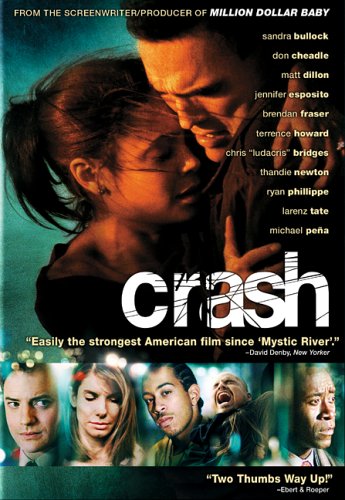David Bowie, Inglorious Basterds, and My Practice

These films were critically acclaimed for the most part and certainly did well at the box office. Probably because everyone wants to think there’s some kind of plan guiding day to day events and contact with our fellow humans.
A few critics found fault with them. The chief complaint was that ‘it’s unrealistic.’ Things don’t come together so perfectly in real life. ‘Matt Dillon is never going to get the chance to save the women he wronged, what are the odds.’
As someone who has made her career involved with the nicest people during one of the worst times of their lives, I have a rather different take on these films. I see it in my practice. Not the random acts, per se, but certainly random words.
That is, words said when a family law issue begins tend to bounce all over the ether and end up – almost always – at
the exact place the person who said them would least like them to go. Inevitably.
That is the one clear message in family law. Family issues are tough. The process is stressful, almost debilitating. It’s a lot of things, few good. One thing it most certainly is not, however, is the time to do or say something that will have lasting effect across a swath of relationships, past, present, and future.
That’s a solid lesson. Some people, though, remind me of a great song. The late, great David Bowie’s Putting out the Fire – if you saw Inglorious Basterd’s you know the song – and can never forget the scene. (see below).
Some of the lyrics go this way:
Ya wouldn’t believe what I’ve been thru
You’ve been so long
Well it’s been so long
And I’ve been putting out fire
with gasoline
putting out fire
with gasoline
Another line lays it out further: “A judgement made can never bend.” These lines go perfectly together. Family law issues are, obviously, flammable. Emotions are there, usually smoldering. Tossing fire on it has the obvious effect. And, more often than not, leads to irrevocable breaks – a burnt bridge.
Looks simple, but it’s not. Emotions at the beginning of a divorce, custody, name the process, run high. Very high. When emotions run high, thought is not usually present the way it would and should be before one says something. Internal censors don’t really function.
A tirade, even a nasty word or ten, have the immediate effect of making the speaker feel better. This, by the way, is back by science. Recent studies have found that people who swear have much higher pain thresholds than people who don’t. People going through divorce are in pain, it’s natural to want to ease it.
The problem is, of course, that words have effects on others, sometimes crippling effects. Words have a way of 
The problem with words are that the people to whom the words were directed may be able to forgive. The people who hear through a friend of a friend – or see on social media – the words tend to never forget. About the only thing words do at that point is ruin relationships that you never intended to harm, relationships that you probably need and want. In-laws, grandparents, friends, gone because of words said to someone else.
And that’s the thing about putting out fires with gasoline, there is absolutely no way of knowing the consequences of words and/or actions spoken and/or made during stressful times. None.

